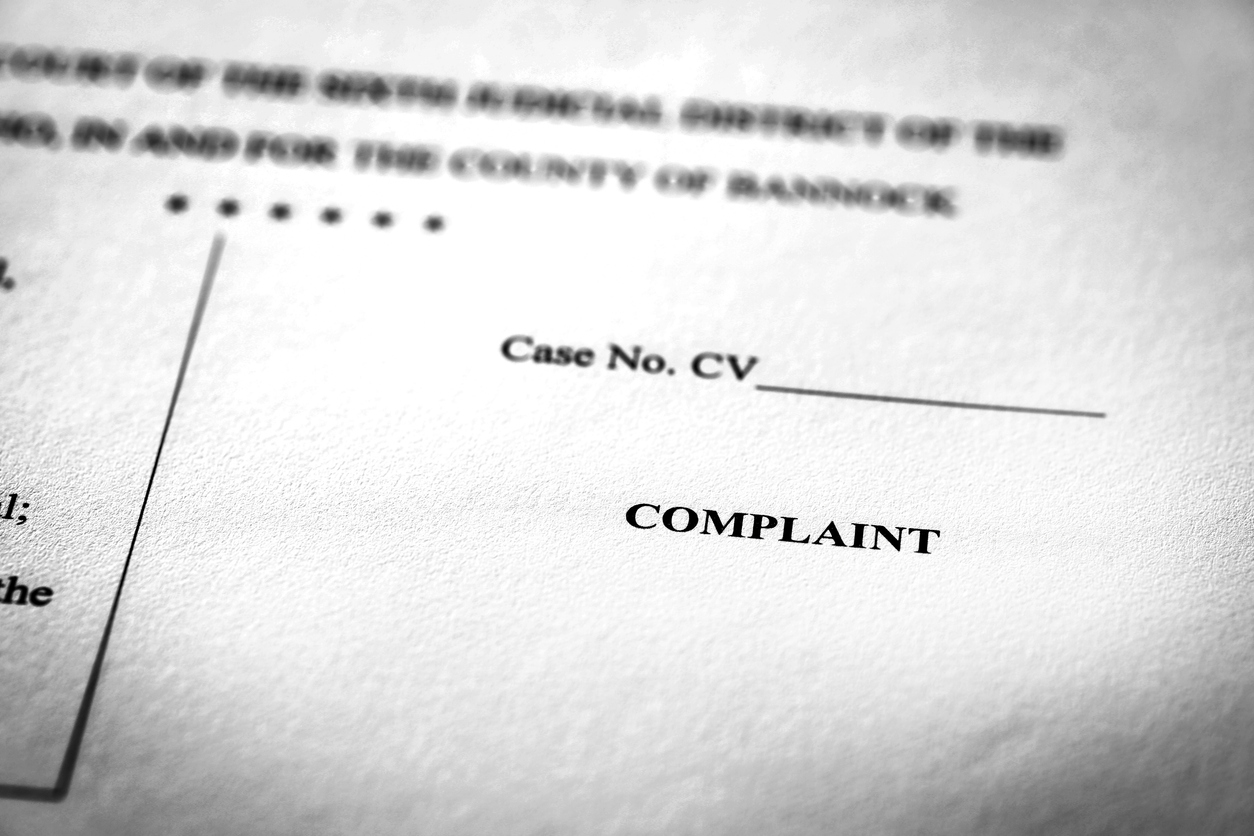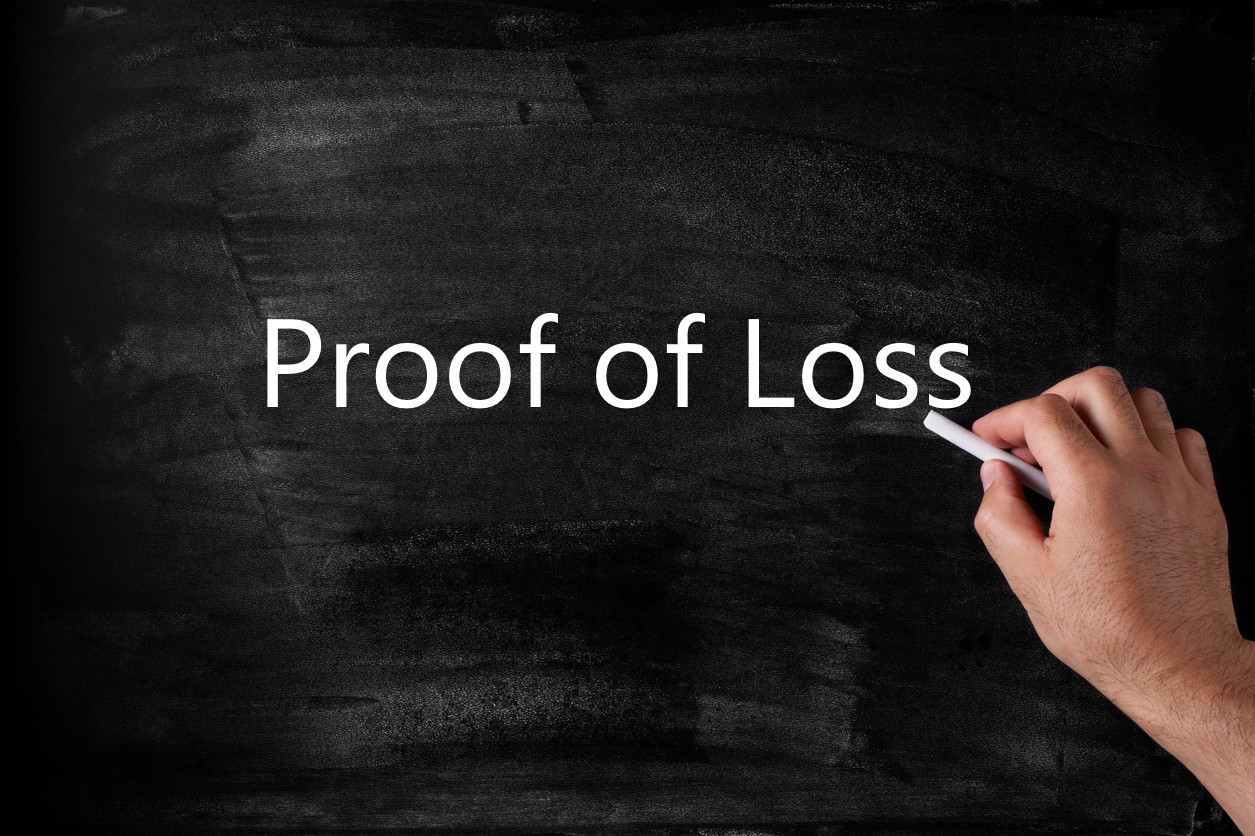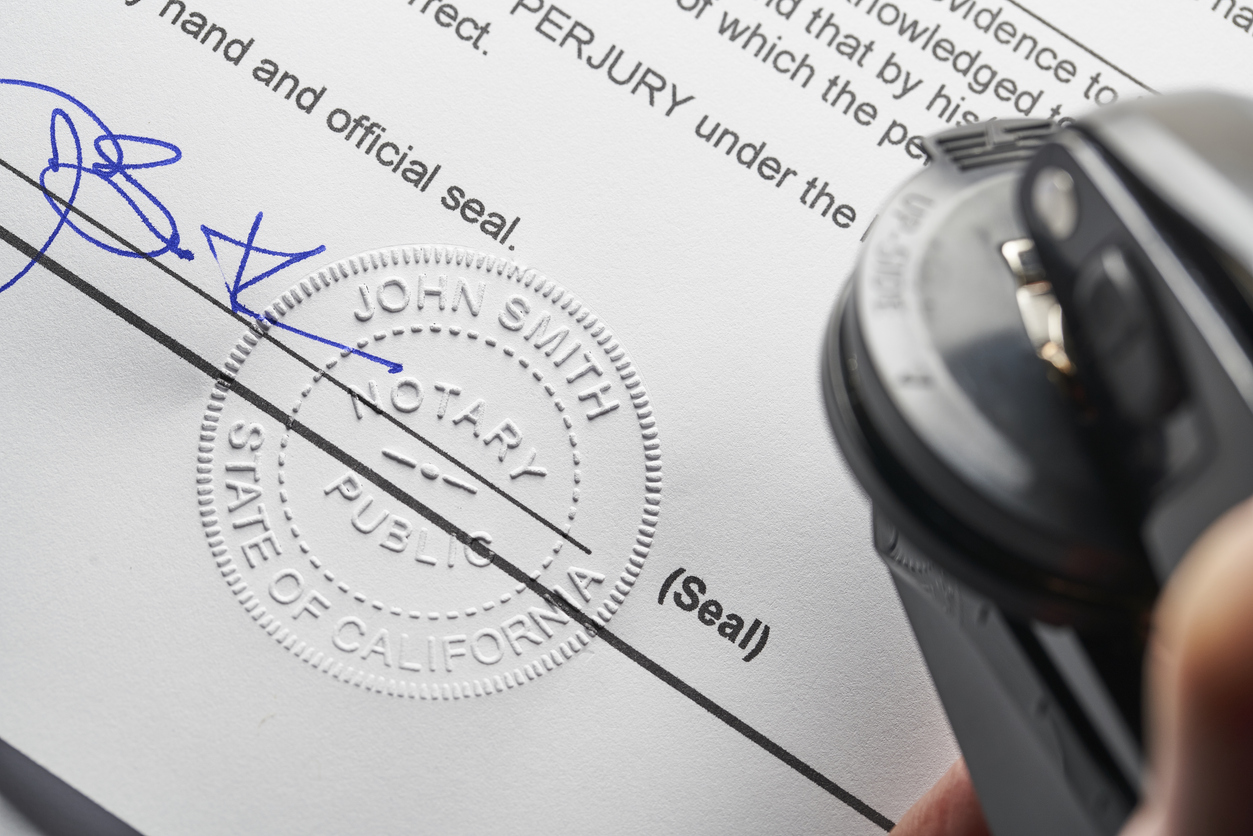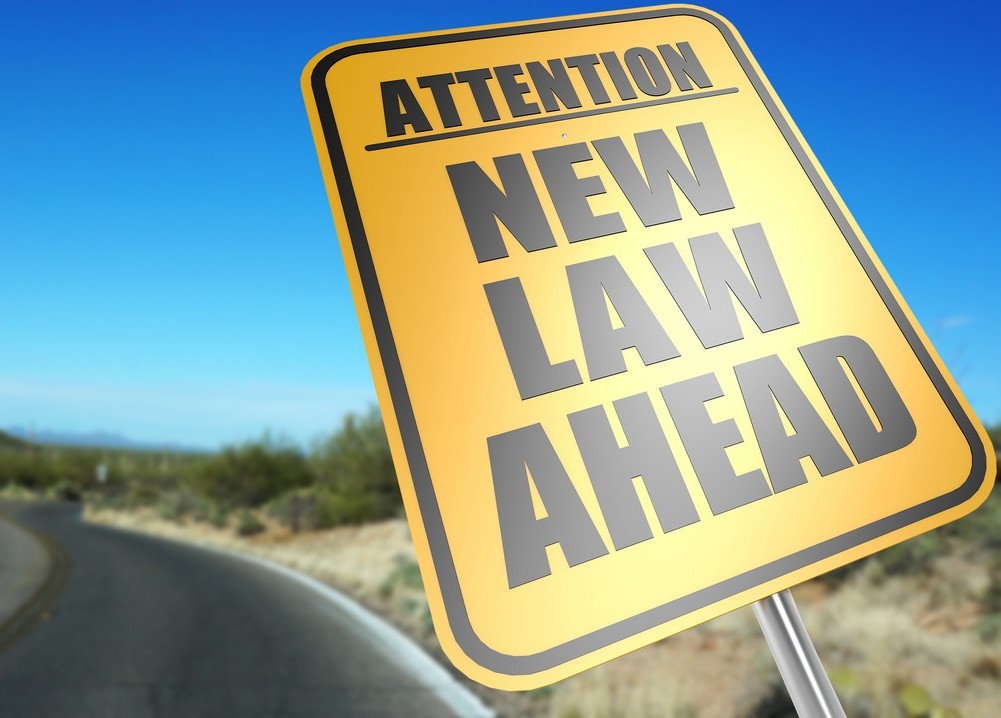The issue raised in this title usually arises with policyholders not wanting to pay a public adjuster fee because the public adjuster service contract was not valid or the public adjuster’s license lapsed sometime during the contract. MAPFRE Insurance Company has filed a fascinating complaint 1 against an allegedly unlicensed public adjuster license and company that highlights serious issues to which otherwise licensed public adjusters should pay attention. The lawsuit filed in the Puerto Rico federal court targets Edward C. Reynolds, 411 Claims PR LLC, and 411 Claims LLC for allegedly operating without proper licensing while handling Hurricane María claims.
At the heart of this case is MAPFRE’s assertion that Reynolds and his companies fraudulently represented themselves as licensed public adjusters while handling a significant claim for the Puerto Rico Highway and Transportation Authority. The complaint alleges that Reynolds, who had his insurance adjuster license permanently revoked in Massachusetts, continued to operate without proper licensing in Puerto Rico.
The dispute centers around a Hurricane María claim filed by the Highway Authority, which MAPFRE insured under a commercial policy. According to the complaint, Reynolds and his companies submitted claims totaling approximately $180 million, pushing for the policy limits of $47,934,332, while MAPFRE’s investigation determined damages of only $3,307,259.171
After four years of litigation, the Highway Authority ultimately settled with MAPFRE for $10,250,000 in November 2023, significantly less than the amounts initially demanded by Reynolds and his companies. This substantial disparity between the settled amount and the initial claim raises serious questions about the claim preparation process.
The complaint notes that on July 21, 2023, the Puerto Rico Insurance Commissioner sanctioned Reynolds and 411 Claims PR LLC for fraudulently misrepresenting their licensing status. The Commissioner also took the significant step of prohibiting Reynolds from performing any insurance adjuster-related work in Puerto Rico. MAPFRE is seeking at least $800,000 in compensatory damages, including attorney fees, expert fees, adjustment investigation expenses, and costs. The insurer argues these expenses were unnecessarily incurred due to the defendant’s negligent misrepresentations and unlicensed practice.
As I read the pleadings, it seems that this case serves as a reminder of the importance of proper licensing and ethical conduct in public adjusting. It also highlights the significant costs that can be incurred when claims are not properly adjusted according to policy terms, conditions, and exclusions. The complaint alleges that the defendants submitted inflated claims without proper investigation, including claims for pre-existing damage, which ultimately led to unnecessary litigation and expenses.
Part of the allegations noted:
5.6 Each and every action, communication, information and representation taken by the defendants to MAPFRE was illegal as it was made through Edward C. Reynolds and/or 411 Claims PR LLC as unlicensed adjusters, with the knowledge and concert of 411 Claims LLC.
5.7 411 Claims LLC knew, or should have known, that Edward C. Reynolds and 411 Claims PR LLC did not have a public adjuster license and should have stopped their actions.
5.8 The contracts executed between the Highway and Authority and the defendants are null and void. Such null and void contracts, in turn, caused damages to MAPFRE because MAPFRE had to incur in unnecessary time and expense litigating claims that were illegally worked by the defendants and without making a proper adjustment under the terms, conditions, and exclusions of the insurance policy.
All complaints have allegations which may or may not be true. However, many complaints have lessons others can learn from, regardless of the veracity of the allegations.
In this case, all public adjusters should make certain that they are properly licensed in the state in which they are doing business. The license should never lapse, nor should public adjuster appointments lapse for some administrative reason. Second, the contracts must be valid and fully comply with all state codes and insurance department regulations. If either the first or the second points are not met, this unique complaint suggests that insurance companies, as well as policyholders, may raise these issues. Obviously, opinions and statements of loss must be made in good faith and with some support rather than being fraudulent.
I have raised this issue of public adjusters needing to check on the preciseness of their contracts in Public Adjuster Warning—Do Not Make Illegal Contracts. Again, what makes this case fascinating is that it is the insurance company raising these issues rather than the policyholder.
For public adjusters practicing in different jurisdictions, I ask you this question: Are you positive that your contracts and licensing comply perfectly with all regulations? Unless you are certain, please take the time to double-check.
Thought For The Day
“No man is above the law, and no man is below it; nor do we ask any man’s permission when we require him to obey it.”
—Theodore Roosevelt
1 MAPFRE PRAICO Ins. Co. v. Reynolds, et al., No. 3:24-cv-01557 [Doc 1] (D. P.R.).




